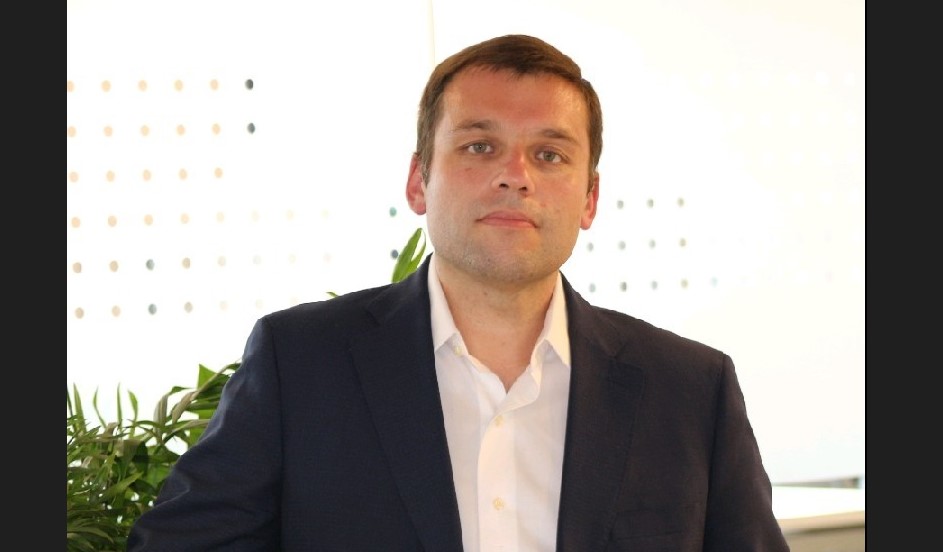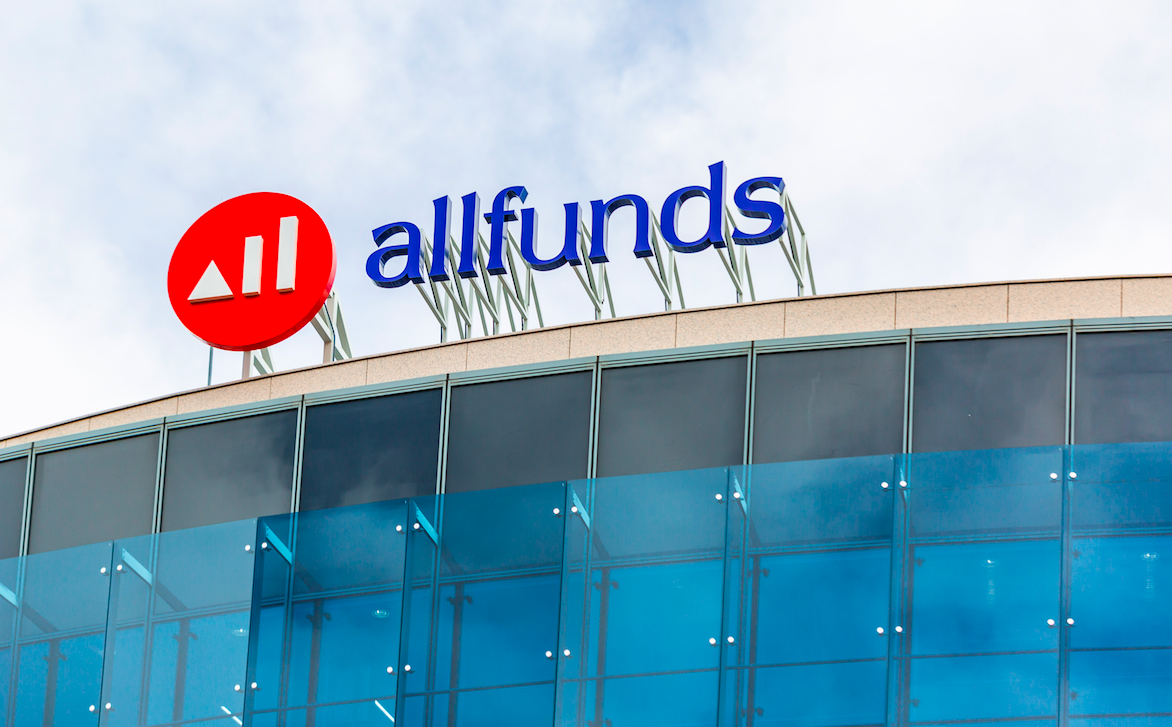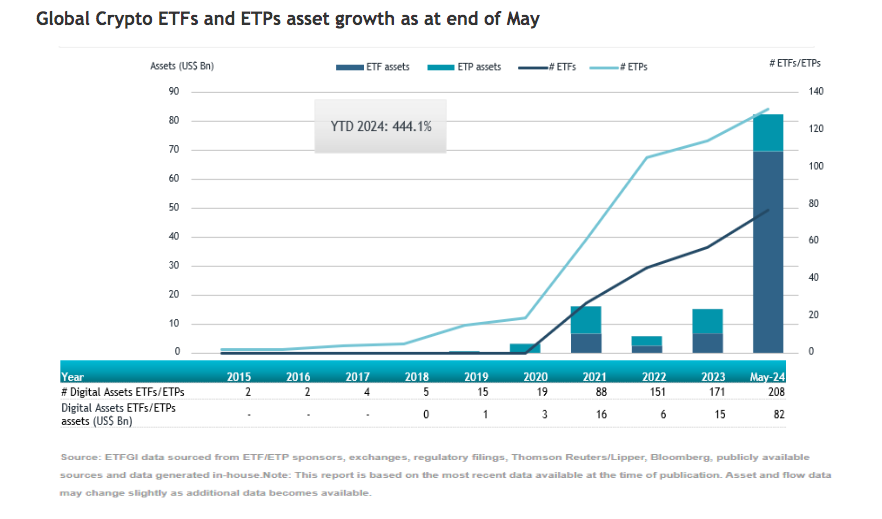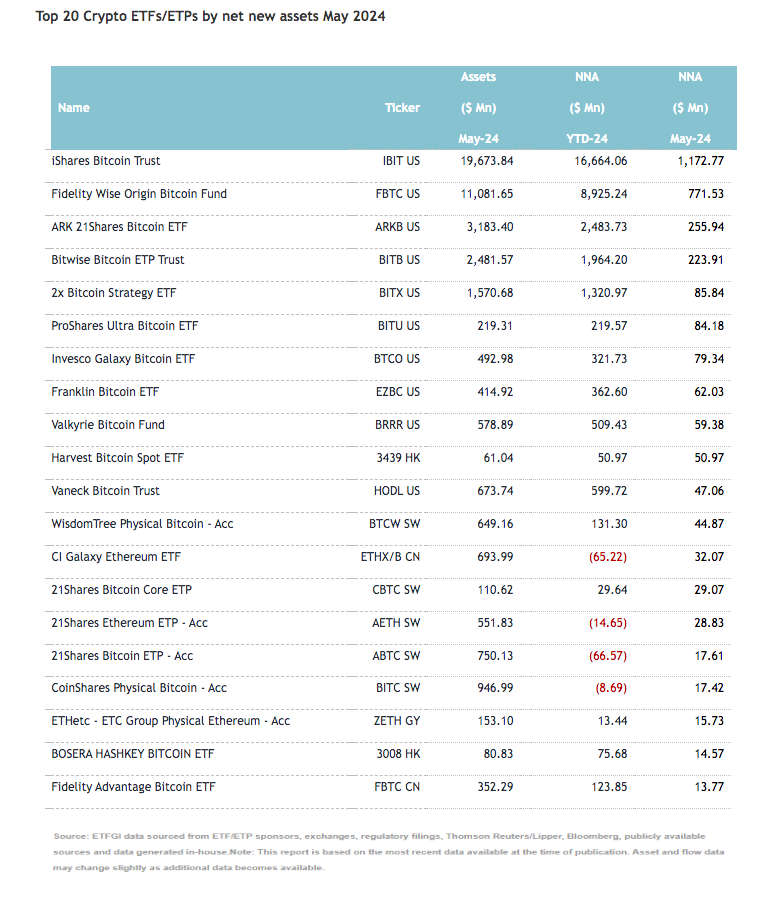M&G Appoints Andrew Chorlton as CIO of Fixed Income
| By Amaya Uriarte | 0 Comentarios
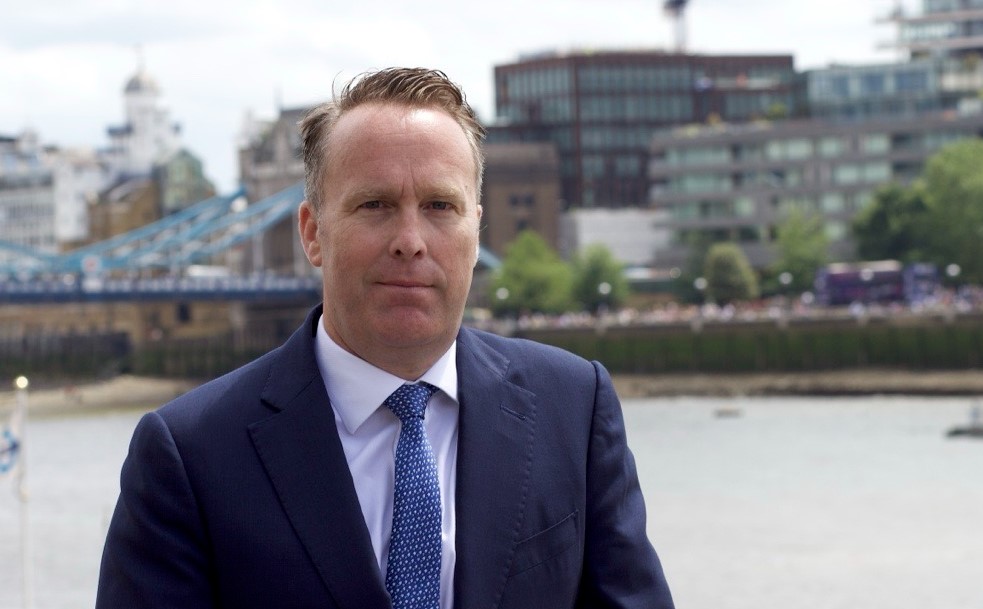
M&G Investments has announced the appointment of Andrew Chorlton as CIO of its €160 billion Fixed Income division. Andrew Chorlton will succeed Jim Leaviss, who has decided to leave M&G to pursue his personal interests in the academic field after 27 years with the company. Chorlton, currently the head of fixed income at Schroders and a member of the company’s Group Management Committee, will join M&G this year and report to Joseph Pinto, CEO of M&G Investments.
According to the management company, Chorlton has over 25 years of experience in fixed income markets and leading teams of highly experienced and high-performing fund managers, as well as direct experience in global fixed income portfolio management, US multisector strategies, and credit strategies in both Europe and the US. In his role since 2020, Andrew has been responsible for a global division of investment, analysis, risk, and product professionals.
Additionally, he has led the development of multiple innovative strategies and client solutions in various fixed income areas, including sustainability, quantitative credit, semi-liquid credit, emerging markets debt, and opportunistic strategies across global markets, including the launch of ETFs in the US.
At M&G, Leaviss has spearheaded the company’s growth in fixed income with a management team widely recognized in the industry as a leader in this asset class, managing €160 billion for global investors. Under his leadership, M&G has built a global fixed income platform and developed one of the largest credit analysis teams in the sector; launched innovative investment products to reflect the evolving fixed income markets; and developed a new generation of investment talent within the team. In 2006, Leaviss launched the award-winning blog Bond Vigilantes to share the management team’s firsthand views on issues relevant to fixed income investors—such as inflation, interest rates, and the global economy—as well as insights on the bond markets themselves.
“I would like to take this opportunity to pay tribute to Jim, whose influence in the fixed income world has been remarkable; he should be very proud of his career at M&G and the dynamism and talent of the team he has built. Leaviss has delivered excellent returns for our clients, who have always greatly valued his unique way of communicating, sharing the team’s insights directly from his desk. When Jim leaves the company in a few months, he will do so with our gratitude for his contribution and our best wishes for his academic interests,” said Joseph Pinto, CEO of M&G Investments.
Regarding the appointment of Andrew Chorlton, he commented: “With his extensive experience as a fund manager and team leader, we will have a fixed income heavyweight to lead a team as experienced as M&G’s, at a time when we anticipate numerous opportunities in the bond markets as the rate cycle begins to move. We are excited about the opportunity to capitalize on the growth of our global fixed income platform by making traditionally internally managed strategies available to our clients internationally, including global banks, family offices, pension funds, and insurance companies in the UK, Europe, and Asia-Pacific.”
For his part, Jim Leaviss stated: “It has been a great privilege to work at M&G for almost three decades and to lead the team through the growth and evolution of bond markets over the years. I am very proud of our fixed income team, the talent we have developed, and what we have achieved for clients. Innovation is part of our culture—M&G launched the UK’s first corporate bond and high yield bond funds—and how we have communicated with clients since launching the Bond Vigilantes blog in 2006. Our range of investment strategies has grown enormously, including the launch of the M&G Optimal Income Fund, which has become one of Europe’s largest funds, and our leading European credit strategies that have an excellent reputation among our international clients. I would like to thank everyone for their support over the years and have no doubt that this culture will continue. I wish the team all the best.”
Finally, Andrew Chorlton, the new CIO of Fixed Income at M&G, also commented, acknowledging that after more than a decade at Schroders, both in New York and London, he is proud of the solid fixed income platform that has been built. “I have long considered M&G one of the leading fixed income managers and a strong competitor throughout my career due to its history in this asset class. The team’s presence has been amplified by its ability to bring the bond market to life and make fixed income interesting through its innovative way of communicating with clients and a broader audience. It is an honor to take on this role at a time when investors are increasingly seeking active managers with a global perspective based on proprietary analysis to seize opportunities in the fixed income market, as clients’ need for income continues to grow.”
“Jim will remain in his position until the fall to ensure a planned and smooth transition and handover of responsibilities,” the management company notes.




